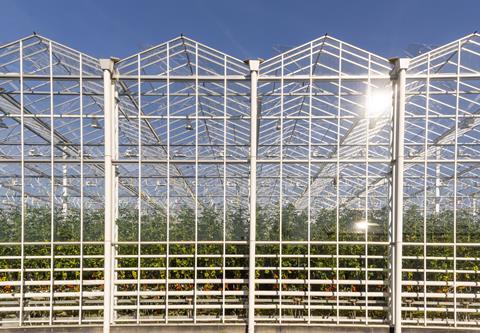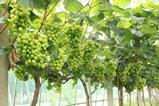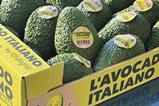Growers United, Harvest House, Oxin Growers, The Greenery, and Zon oversee trial projects to explore alternative production methods
The Netherlands’ five largest vegetable grower associations say they want to eliminate chemicals entirely from their greenhouses by the end of 2026.
That ambitious target is at the heart of a three-year initiative called 100% Green Grown, led by the Federatie Vruchtgroente Organisaties (FVO), an association that brings together Growers United, Harvest House, Oxin Growers, The Greenery, and Zon.
Together, FVO’s members represent more than 400 producers of aubergines, courgettes, cucumbers, peppers and tomatoes in the Netherlands.
They have spent the past year working on seven pilot projects that explore how chemical-free production might be possible.
“The first growing season has been positive,” says The Greenery in an update on its website. “The seven growers will continue next season with confidence, with new knowledge and experiences that will bring the goal a step closer.”

Pressure to act
Across all of its test sites, the project aims to try out new cultivation methods that will form a more environmentally friendly and more resilient system of production when it comes to coping with climate and environmental factors.
Technology is expected to play a central role in achieving that goal, and so specialists from Hoogendoorn Growth Management, LetsGrow.com, Van Iperen, Van der Knaap, Koppert, and Rijk Zwaan have all been involved.
According to The Greenery, one key lesson learned in the first 12 months was that organic pest control requires intensive scrutiny and inventive solutions. For example, so-called banker plants – which harbour predators that eliminate pests – or anti-insect netting could play an important role in a chemical-free production centre.
Likewise, organic substrates and adjusted fertilisation schedules might feature in such a setup.
“We look back on a successful first season,” the company adds. “However, the road to a fully green and economically profitable cultivation remains challenging. And every season is different. But the first season has at least yielded many valuable insights. Next year we will build on this with the newly acquired knowledge.”








